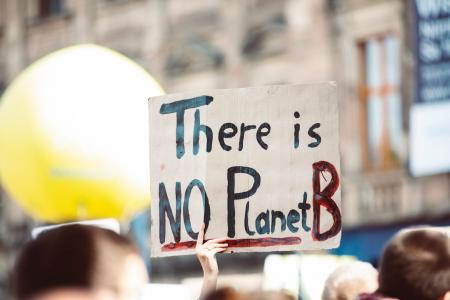Climate Change Could Result in "Mass Casualty"
The Supreme Court has voted to curb the EPA's ability to regulate carbon emissions. This comes amid a period of increasingly extreme weather around the world.
Kristie Ebi, Professor of Global Health and of Environmental and Occupational Health Sciences, is interviewed.

